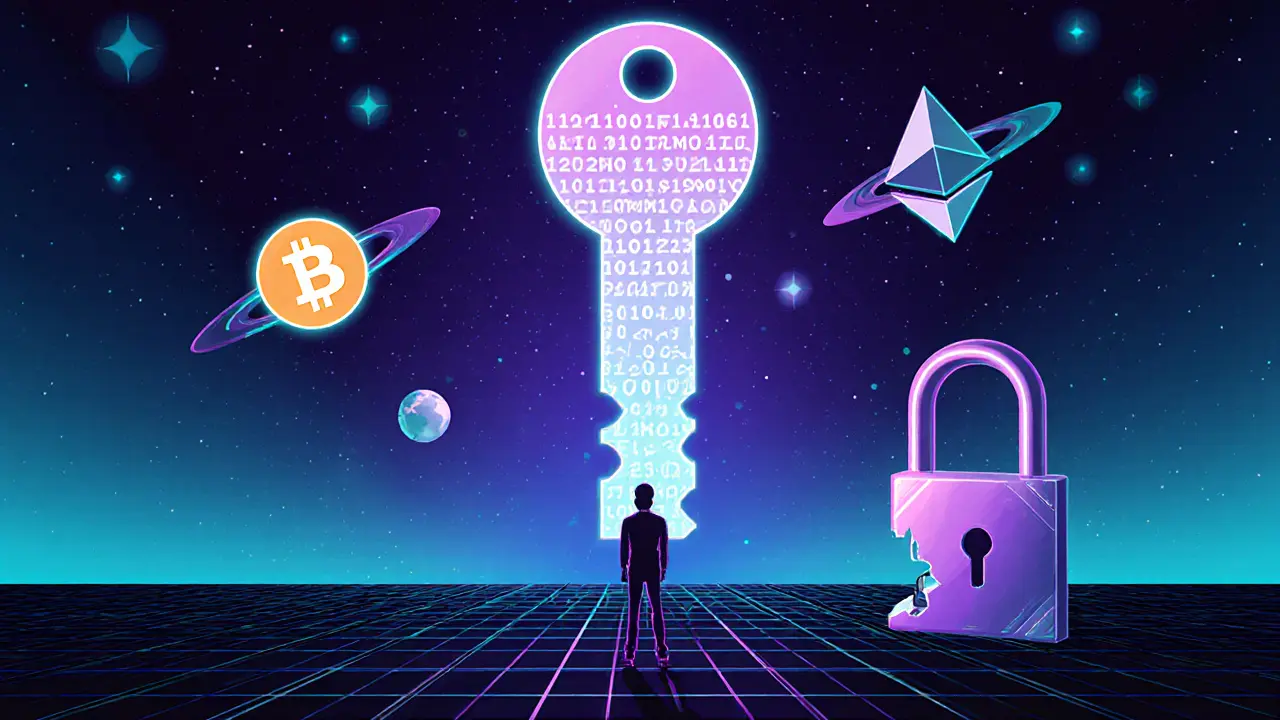Self-Custody in Crypto: What It Is and Why It Matters
When you hold your own crypto, you’re not trusting a company—you’re holding the self-custody, the practice of keeping your cryptocurrency under your own control using private keys, without relying on third parties like exchanges. Also known as non-custodial ownership, it’s the only way to truly own your digital assets. If you keep your coins on Binance, Coinbase, or any exchange, you’re not holding them—you’re holding a promise. And promises can vanish when a platform gets hacked, frozen, or shut down.
Real ownership means you control the private keys, the secret codes that prove you own your crypto and let you send it anywhere. No one else can move your money without them. That’s why crypto wallets, software or hardware tools that store your private keys and let you interact with blockchains are non-negotiable. Whether it’s a simple mobile app or a metal backup in your safe, if you don’t have the keys, you don’t have the crypto.
Self-custody isn’t just about security—it’s about freedom. Exchanges can freeze your account. They can delist your token. They can disappear overnight. In Afghanistan, people used crypto to feed their families because banks were gone. In Nigeria, traders moved money when banks blocked them. In Switzerland, investors hold crypto because they don’t trust centralized systems. These aren’t edge cases—they’re the reality for millions. And none of them could’ve done it if they’d left their coins on an exchange.
But self-custody comes with responsibility. Lose your key? Your crypto is gone forever. Get phished? Someone else owns it now. That’s why the posts below don’t just explain how to store crypto—they show you how to do it right. You’ll find real reviews of wallets, warnings about fake apps, breakdowns of hardware devices, and red flags for scams pretending to be secure. Some posts even warn about exchanges that claim to offer "self-custody" but still hold your keys behind the scenes. You’ll learn what works, what’s dangerous, and what’s pure fiction.
There’s no middle ground here. Either you control your crypto—or you don’t. And if you don’t, you’re not an owner. You’re a customer. The posts below will help you stop being one.
How Private Keys Control Your Crypto Assets
Private keys are the only thing that gives you real ownership of cryptocurrency. Without them, your crypto is just an IOU. Learn how they work, how to store them safely, and why self-custody matters more than ever in 2025.
learn more